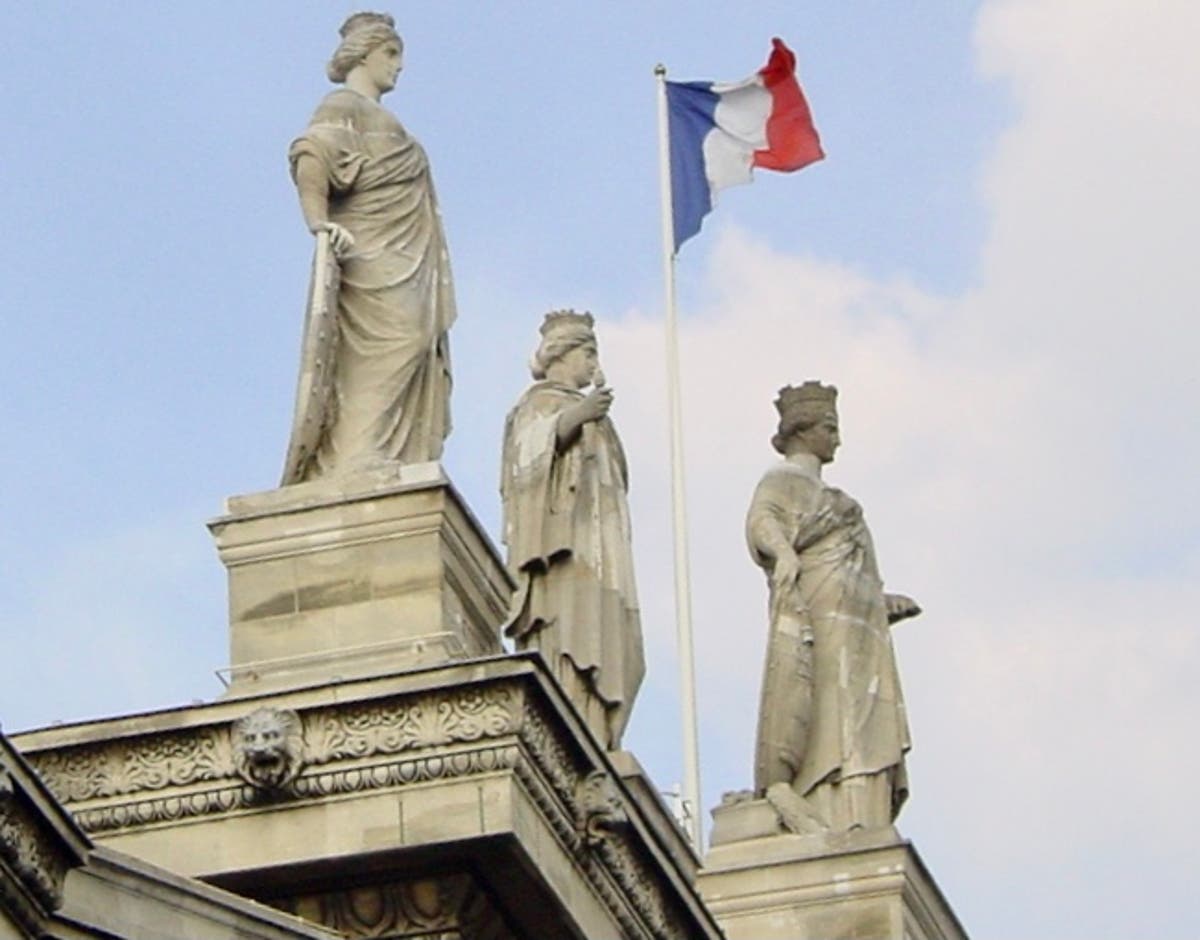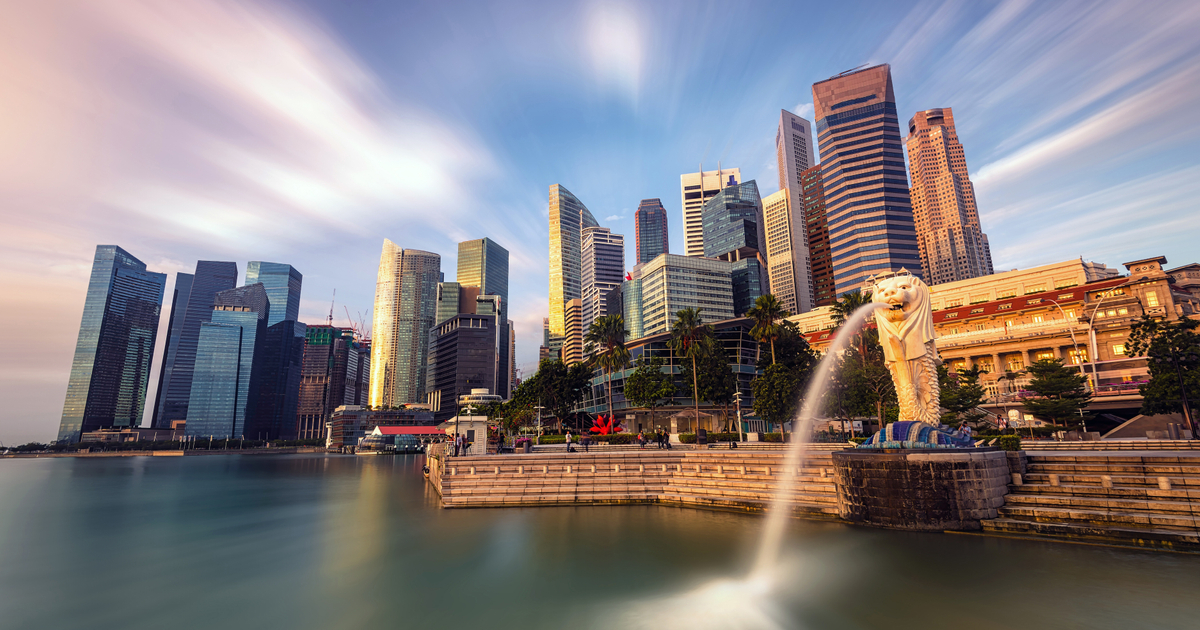Summer nights: the prospects in Paris and beyond
The Man Who Pays His Way: Tens of thousands of British travellers are booked to travel to France on Sunday alone

Sign up to Simon Calder’s free travel email for expert advice and money-saving discounts
Get Simon Calder’s Travel email
Simon Calder, also known as The Man Who Pays His Way, has been writing about travel for The Independent since 1994. In his weekly opinion column, he explores a key travel issue – and what it means for you.
The start of July marks the beginning of a month-long break for juilletistes, those French holidaymakers who prefer to take their grandes vacances this month. As they head for the coast or the countryside, the vacuum they create in the cities is traditionally filled by tourists.
France is the most popular nation on Earth in terms of international visitors, with around 200 million a year. One in 12 of those tourists is from the UK, with July and August the most popular months for British holidaymakers to cross the Channel.
How popular? On Sunday, one ferry company alone, DFDS, has 10 sailings from Dover to Calais and a further seven to Dunkirk. From Gatwick, easyJet has 35 departures to airports in France. And from London St Pancras International to Paris Gare du Nord, Eurostar has a dozen completely sold-out trains and just one with a few seats available (at a challenging £218 one-way).
Some of those tens of thousands of passengers due to depart may be having second thoughts. France has seen five days of serious social unrest, with no sign of the riots easing. The Foreign Office warns: “Many have turned violent. Shops, public buildings and parked cars have been targeted.”
The shocking killing of a teenager by French police on 27 June was the trigger for the violence, which has exposed the deep-rooted anger among the people who live in the poorer suburbs of big cities.
The average tourists will not be visiting such locations, and most of the unrest has taken place well away from city centres. But closing down public transport in Paris and other big cities at night will cause significant problems for many holidaymakers.
Most of the unrest has taken place well away from tourist areas, with only isolated incidents in city centres. But buses and trams are closing early across France. As I write late on Saturday afternoon, Eurostar is warning: “Public transport will be extremely limited from 9pm tonight until 5am tomorrow morning.”
There is also the risk that road blockades could begin, as we saw with the gilets jaunes demonstrators five years ago.
What options are open to the traveller who is feeling “buyer’s regret” about locking into a July trip to France? Any easyJet customers due to fly to France this weekend can contact the customer service team on 0330 551 5151 and switch to an alternative flight without paying the usual £49 per person, per flight change fee.
Eurostar is offering flexibility to people who prefer not to arrive in a French city where all the public transport has closed down. But most other transport operators say it’s business as usual and that normal change and cancellation conditions apply.
As the Foreign Office is not warning against travel, holidaymakers will not be able to claim from travel insurance if they decide not to go ahead with their trip to France, or to come home early. Even if a state of emergency is declared in France, I think it unlikely that the FCDO will warn against travel across the Channel.
I am booked to travel to Paris on Monday. Right now, I have no qualms about going to the French capital or elsewhere. But I recognise that not everyone will have such (possibly misplaced) confidence.
If you are concerned enough about a forthcoming trip to consider cancelling, it will help if you are booked on a proper package holiday – with transport and accommodation combined.
The Package Travel Regulations 2018 may be on your side. They say: “Travellers have the right to terminate the package travel contract without paying a termination fee if unavoidable and extraordinary circumstances occur at the place of destination or its immediate vicinity which significantly affect the performance of the package.” That language is fairly loose: the closure of public transport at night would probably not count. But if you were on a cultural trip and some of the key museums close down because of the unrest, you might be able to get a full refund.
What with air-traffic controllers across Europe facing “high overload” and strikers preparing to walk out at Italian airports and on British trains, the summer of 2023 will not prove easy for everyone. But I predict the vast majority of us, whether taking a July holiday in France or elsewhere, will return unscathed and enriched.

 MikeTyes
MikeTyes 




























.jpg&h=630&w=1200&q=100&v=f776164e2b&c=1)



